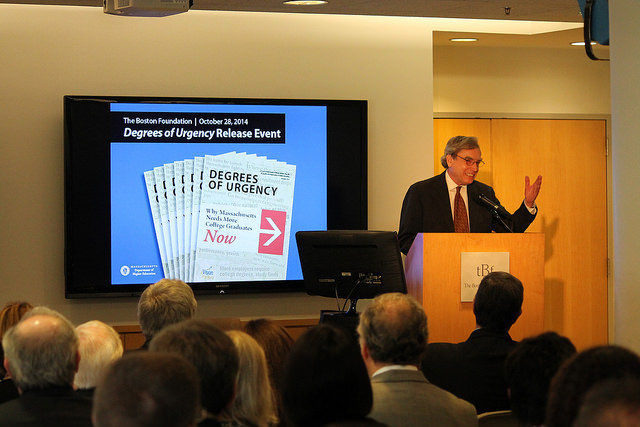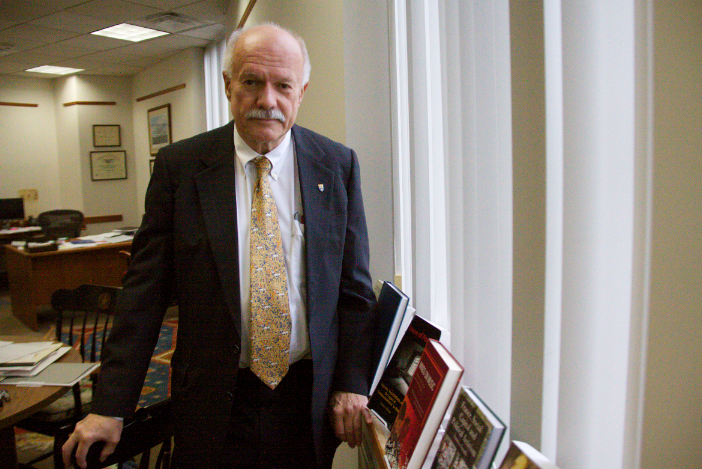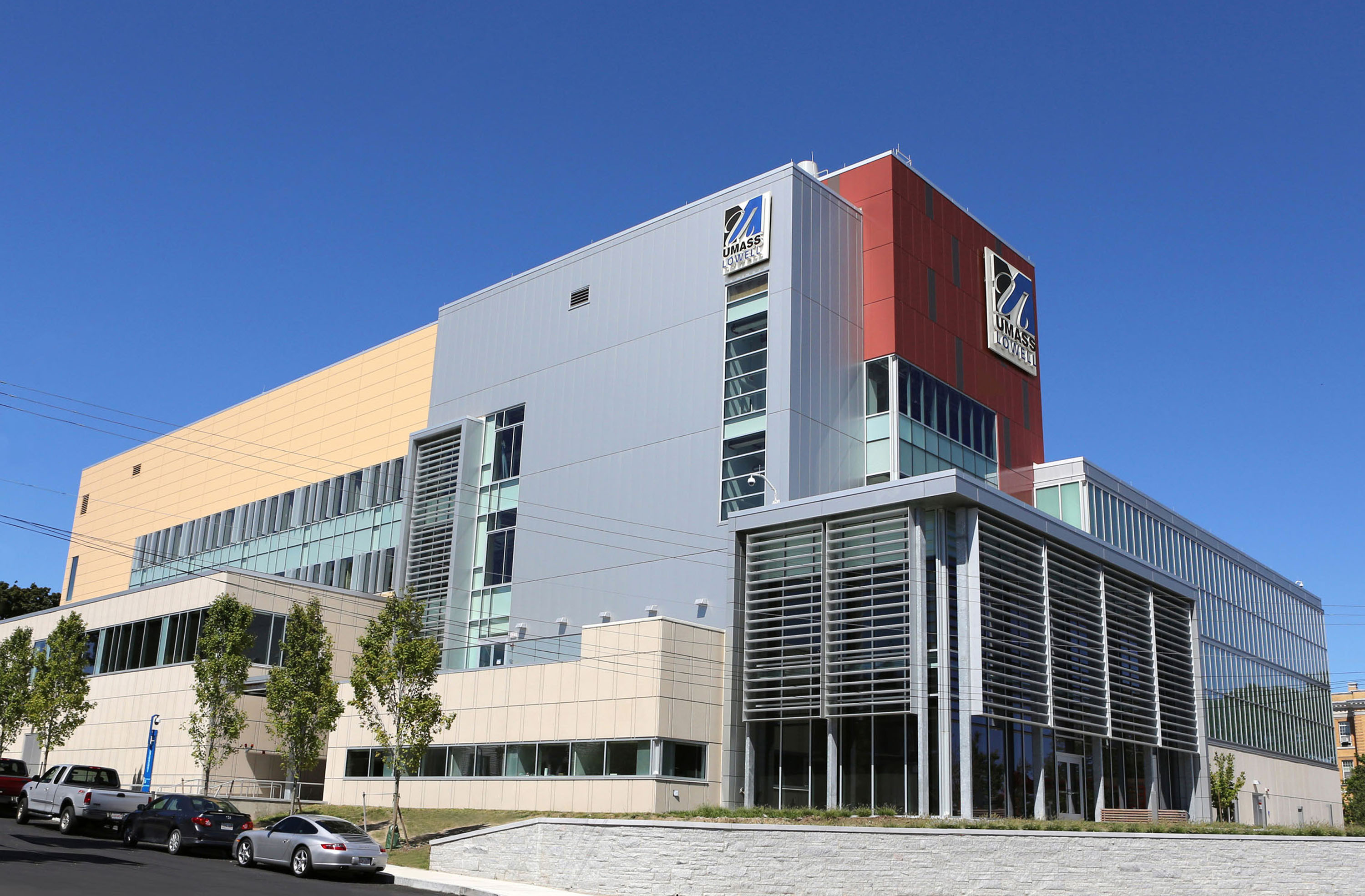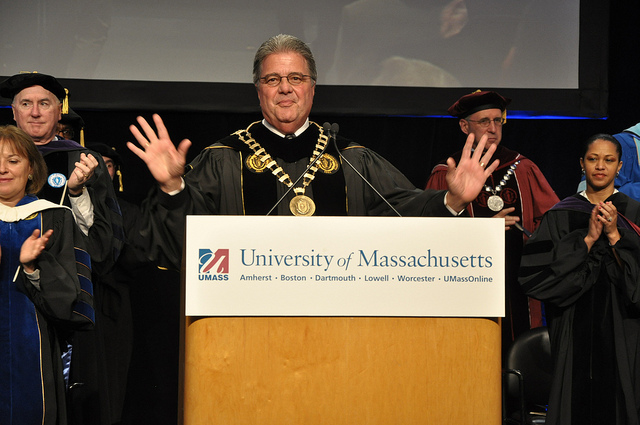new business models

In late October, the Massachusetts’ Department of Higher Education released its “Degrees of Urgency” Vision Project report. It addresses challenges for state colleges and universities as demographic shifts in the next decade will result in smaller student enrollments. In New England, colleges can anticipate a 9 percent or more population loss.
A national organization representing thousands of university professors is criticizing program cuts and faculty layoffs at the University of Southern Maine in Portland.
In a letter addressed to President David Flanagan, the American Association of University Professors questions the severity of the university’s financial woes. AAUP says the actions being taken are in “blatant disregard” for tenured faculty.
Loss of jobs, underemployment, and hard-to-fill positions are issues that have plagued the American economy since the recession in 2008.
Joe Fuller is a researcher at Harvard Business School and the author of a recent report on closing America's middle-skills gap.

The U.S. Education Department is cracking down on for-profit colleges whose graduates can't find jobs that let them pay off their federal loans.
Under a new rule, career programs will have to show that their graduates are finding gainful employment and have manageable debt loads. If graduates from career programs aren't making enough money to pay off their loans, the government will hold the school responsible and cut off access to federal student aid dollars.

Since the Great Recession, the amount of money states invest in public higher education has dropped dramatically. That, coupled with a steep drop in enrollment, has led some state university systems to cut faculty and academic programs altogether. In Maine, where Republican Paul LePage secured a second term as governor on Tuesday, those cuts are unlikely to be restored.

The amount of research dollars public colleges and universities receive from federal and state governments is dwindling. Private companies are picking up the slack, driving innovation at public research universities. Starting next semester, a major defense contractor will send some of its top researchers to work side-by-side with students and faculty at the University of Massachusetts.












